VILenin's real name is Vladimir Ilych Ulianov, born on April 22, 1870 in Simbirsk (now Ulianovsk, Russia), in a progressive family of teachers. He was a great thinker, an outstanding political theorist, and a brilliant leader of the working class and working people around the world. Throughout his life of revolutionary activities, VILenin made important contributions to the cause of liberating working people around the world, fighting against imperialism, and fighting for peace, independence, and freedom of nations.
Although time has passed and the world has undergone many great changes, Lenin's ideology is still a torch lighting the way for the struggle for peace, national independence, democracy, people's livelihood, progress and social justice throughout the world.
SUCCESSOR, DEFENDER AND DEVELOPER OF MARXISM
As a young man with progressive ideas, V. Lenin soon participated in revolutionary activities against the brutality and corruption of the contemporary Tsarist regime. V. Lenin recognized the revolutionary and scientific nature of Marxism, overcame many difficulties and challenges, became a Marxist and fought to his last breath for the success of Marxism. He fought uncompromisingly against hostile forces and opportunists on sharp scientific arguments. In that struggle, Marxism was comprehensively developed in all three components: philosophy, political economy and scientific socialism.
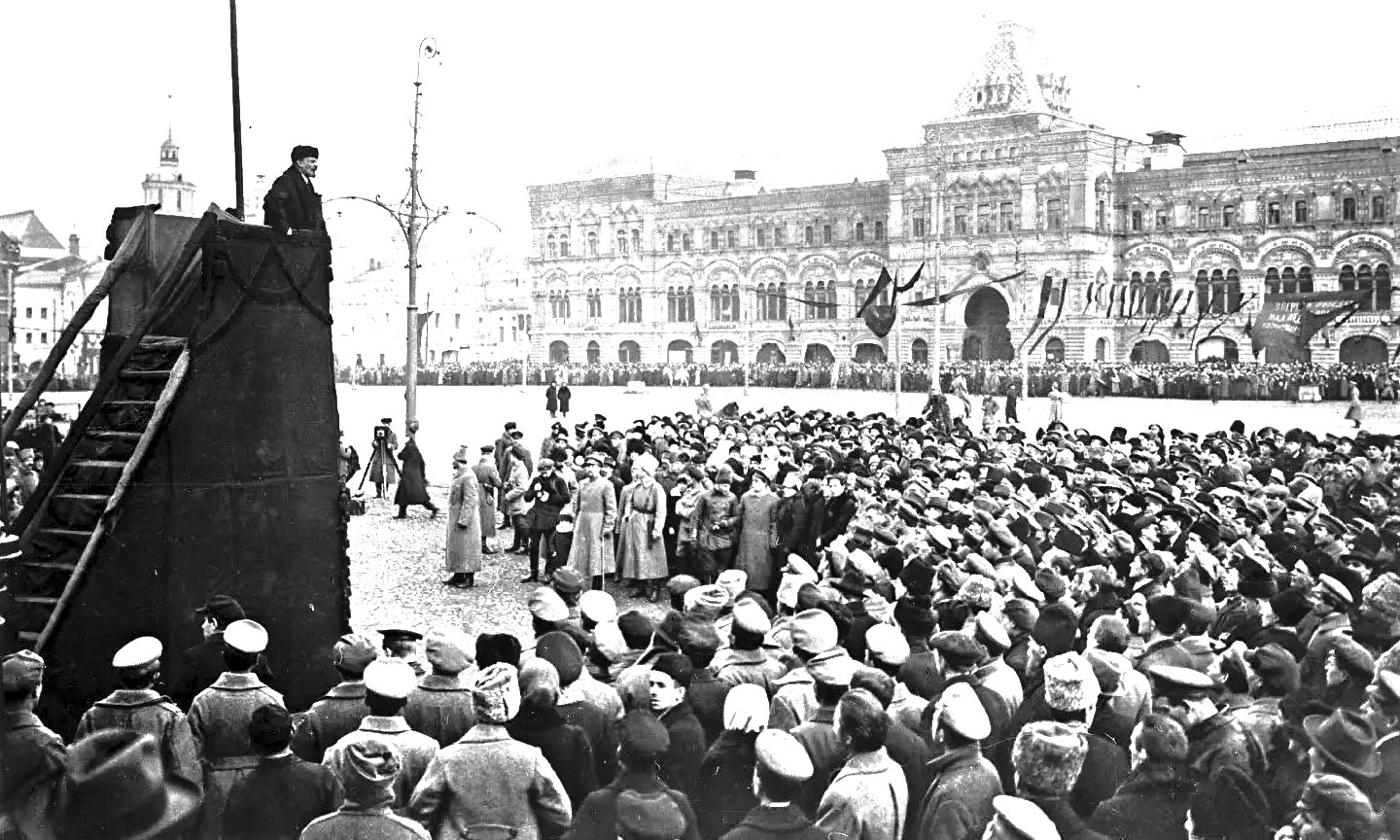 |
| Lenin gives a speech at Red Square in Moscow (Russia) during the 1st anniversary of the successful October Revolution in Russia, November 7, 1918. Photo: VNA |
In October 1917, humanity witnessed an event, which was the victory of the Russian October Revolution, giving birth to the first socialist state in the world, opening a new era in human history - the transition to socialism, from which scientific socialism became a reality. Through that revolution, V. Lenin successfully solved the new problems posed to the working class when carrying out its historical mission. Through practice, V. Lenin argued the inevitability of all nations moving towards socialism, that sooner or later nations would move towards socialism in their own way.
After the success of the October Revolution in Russia, 14 imperialist countries surrounded Russia, in order to "strangle" the young socialist government, capitalism maintained class oppression and national oppression, launched imperialist war, VILenin affirmed: The right of nations to self-determination, the right to equality on the basis of the union of the working class of all nations in the process of national liberation is a historical necessity, that ideology of VILenin opened the way for the national liberation movement to form an extremely strong new trend, becoming a revolutionary "waterfall" attacking the citadel of imperialism and colonialism.
| 31 years after the death of VILenin, the Museum of the Office and Residence of VILenin officially opened. The first foreigner to visit the Museum was the President of the Democratic Republic of Vietnam - Ho Chi Minh - Nguyen Ai Quoc during his years of living, studying and working in the former Soviet Union. On the first page of the Museum's Book of Impressions, President Ho Chi Minh wrote: "Lenin, the great teacher of the proletarian revolution. He was also a man of high morality, teaching us to practice diligence, thrift, integrity and uprightness. Lenin's spirit is immortal!" |
In February 1848, with the publication of the Communist Manifesto - marking the emergence of Marxism, the work is considered the "bedside manual" of communists, the work has shown the path, the way to carry out the revolution, the method, the purpose of the revolution and the measures to build the future society. Since then, the workers' movement has had a guiding doctrine in the struggle against the oppression and exploitation of the bourgeoisie to liberate itself and liberate humanity. Under the banner of Marxism, the working class has been organized and led by its own party.
In philosophy, V. Lenin made outstanding contributions to the development of dialectical materialism such as the concept of matter, the relationship between matter and consciousness, the theory of cognition as well as a series of other fundamental issues of philosophy. In political economy, V. Lenin developed Marxist political economy theory in the imperialist period in the following aspects: The process of forming capitalism in Russia; the "interwoven" nature between economic components and forms of ownership in the transitional period to socialism...
Regarding scientific socialism, this is the great contribution of V. Lenin to the building of a new type of proletarian party, to the revolutionary transition from the people's national democracy to the socialist revolution, the theory of the state and the socialist revolution, the role of the worker-peasant-intellectual alliance under the leadership of the Communist Party in the cause of building socialism, the clearest proof of success is the success of the October Revolution in Russia, giving birth to the first worker-peasant state in the world. In the process of leading the construction of socialism, many new problems arising from practice were correctly and creatively resolved by V. Lenin, of which the New Economic Policy (NEP) was one of V. Lenin's outstanding instructions to develop Marxism into the specific conditions of Russia.
MARXISM-LENINISM ENVIRONS THE PATH OF VIETNAM'S REVOLUTION
In 1911, under the pseudonym Van Ba, the young man Nguyen Tat Thanh accepted a job as a kitchen assistant on the ship Amiral Latouche Treville (Amiral Latouche Treville) leaving Saigon for Marseille (France), beginning his journey to find a way to save the country. In July 1920, through the Nhan Dao Newspaper (France), he read the work "Theses on the National and Colonial Questions" by V. Lenin. Later, recalling with indescribable joy, Ho Chi Minh wrote: V. Lenin's Theses made me so moved, excited, clear and confident! I was so happy that I cried. Sitting alone in my room, I spoke loudly as if I were speaking before a large crowd: "My suffering and exiled compatriots! This is what we need, this is the path to our liberation".
From then on, he completely believed in Lenin and became the first communist to follow Marxism-Leninism, actively spreading Marxism-Leninism to Vietnam, leading to the birth of our Party in 1930. Under the leadership of the Communist Party, equipped with Marxism-Leninism, our Party led the Vietnamese revolution to overcome many hardships to gain great achievements: Completing the national democratic revolution, with the victory of the August Revolution in 1945, the Dien Bien Phu Victory in 1954, the Great Spring Victory in 1975, liberating the South, and unifying the country.
One of the lessons throughout the past 94 years of our Party is that in all circumstances and conditions, we must always be steadfast and creatively apply Marxism-Leninism to the conditions of our country. At the 7th Congress in 1991, our Party recognized: Marxism-Leninism is the ideological foundation and guideline for our Party's actions.
LIKE JADE (synthesis)
.
Source


![[Photo] President Luong Cuong talks on the phone with South Korean President Lee Jae Myung](https://vphoto.vietnam.vn/thumb/1200x675/vietnam/resource/IMAGE/2025/6/13/eee54a4c903f49bda277272b1dda68e8)





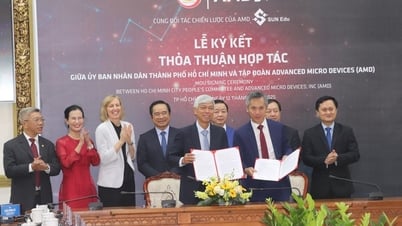

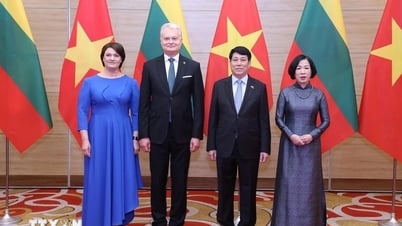





















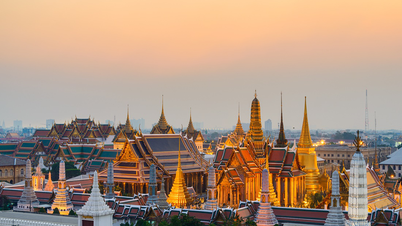
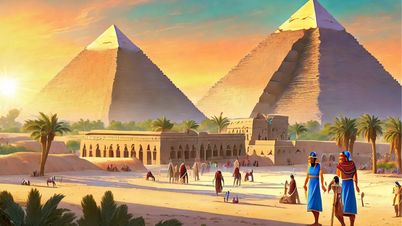



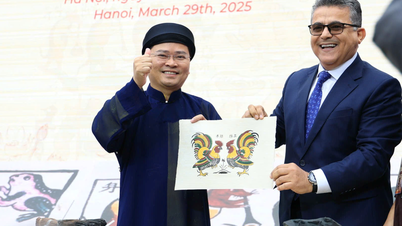

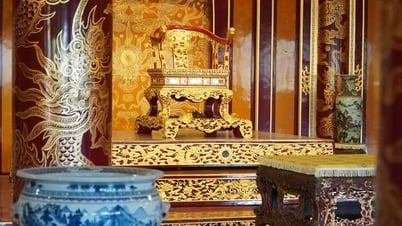
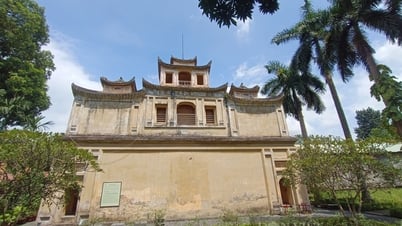

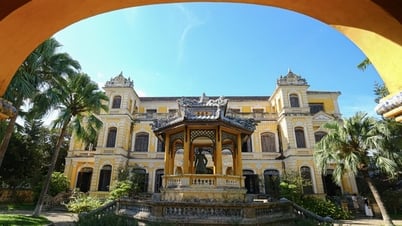
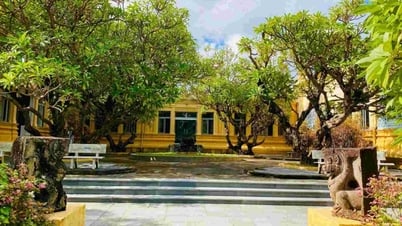

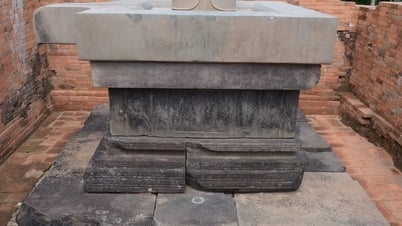





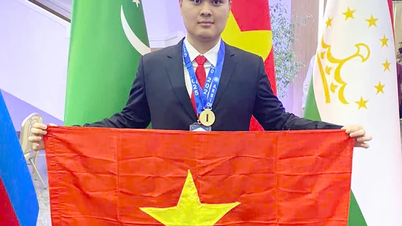










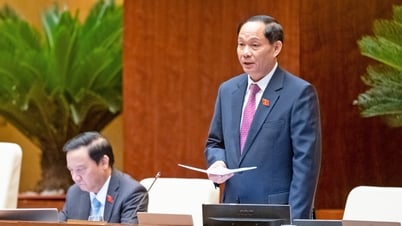

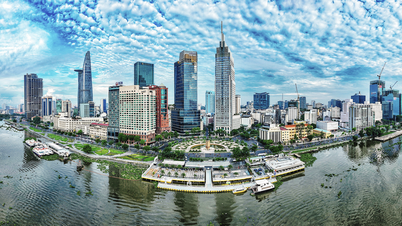
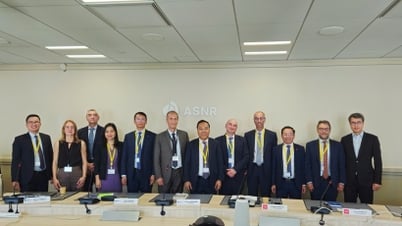



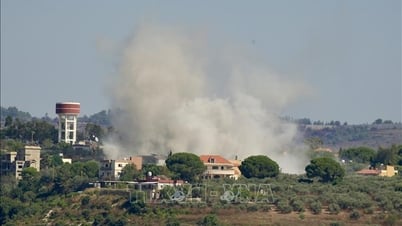





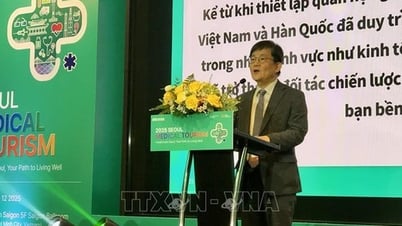



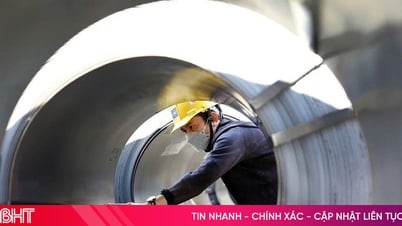







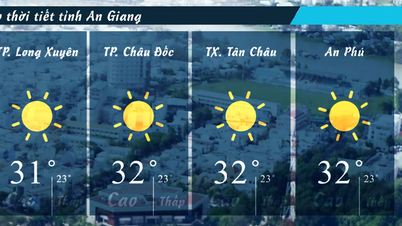



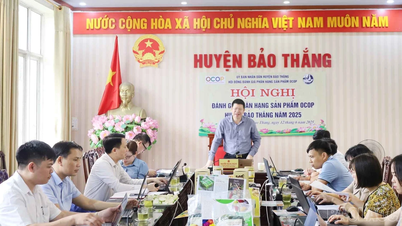



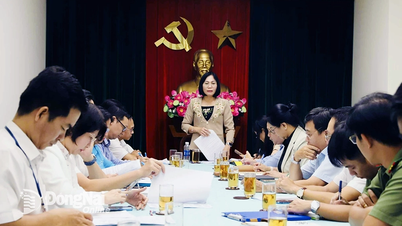

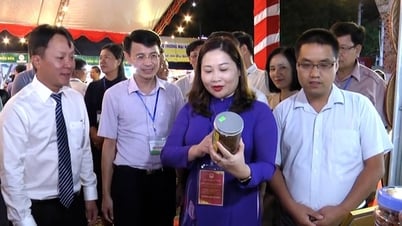





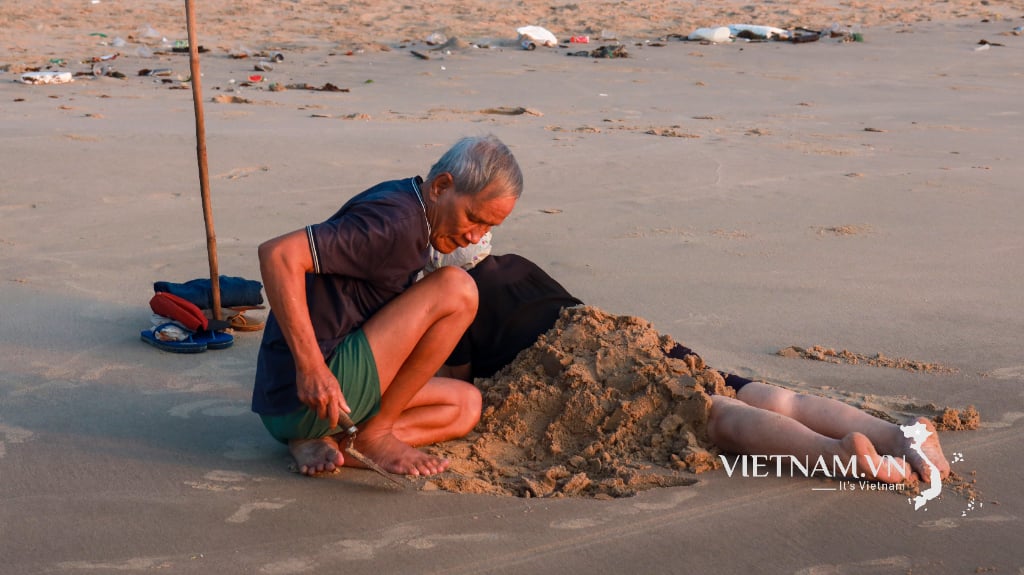


Comment (0)